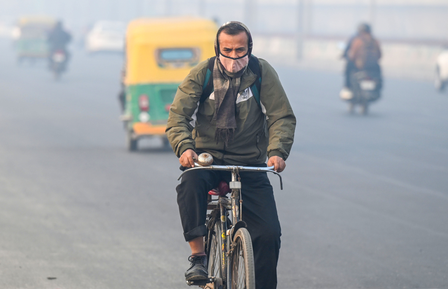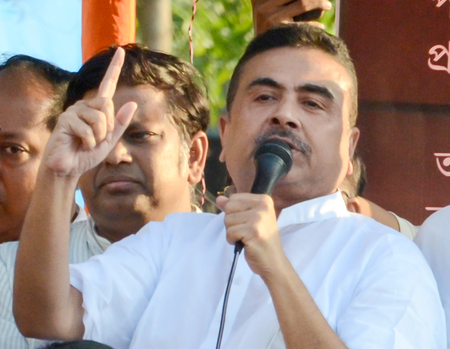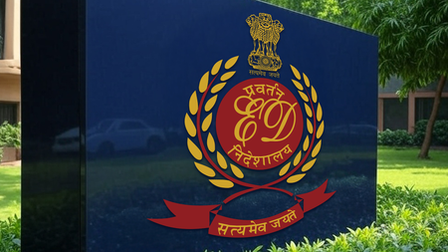
New Delhi, Nov 22 (IANS) As the air quality dipped in Delhi-NCR, new rules bringing some stringent restrictions from the GRAP-IV stage under GRAP-III were notified by the CAQM, suggesting work-from-home for half the staff in government and private offices, an official said on Saturday.
The Commission for Air Quality Management (CAQM) has revised the Graded Response Action Plan (GRAP) and asked the NCR authorities to follow them, said an official of the Ministry of Environment, Forest and Climate Change.
The Commission, through its Sub-Committee on GRAP, held detailed consultation on Friday with the stakeholders and agreed to make the changes in the response plan by including some GRAP-IV stage measures under GRAP-III.
An official statement said the following measures currently under GRAP Stage IV are to be taken under GRAP Stage III: “The NCR state governments/GNCTD to take a decision on allowing public, municipal and private offices to work on 50 per cent strength and the rest to work from home.”
“The Central Government may take appropriate decision on permitting work from home for employees in Central Government offices,” said the statement.
The CAQM advised the Delhi government and other NCR state governments to consider switching to work-from-home for half of their staff – a measure that was earlier taken when the air quality shot up above 450 AQI.
The panel has suggested the work-from-home measure close to a decision by the Delhi government to introduce staggered timings in government offices, which had earlier been part of GRAP-III but has now been brought under GRAP-II for AQI 301–400.
Advisories and transport augmentation earlier part of GRAP-II will now be part of GRAP-I, which is implemented for AQI 201–300.
Delhi Environment Minister Manjinder Singh Sirsa on Friday announced strict enforcement of Delhi Pollution Control Committee’s Dust Mitigation Guidelines for road cutting to combat air pollution.
The Delhi government has also intensified enforcement of dust mitigation measures at road-cutting sites under its Winter Action Plan, an official statement said.
“Mitigating dust pollution at the source is essential to tackle rising levels of PM2.5 and protect public health,” said Sirsa.
–IANS
rch/pgh




